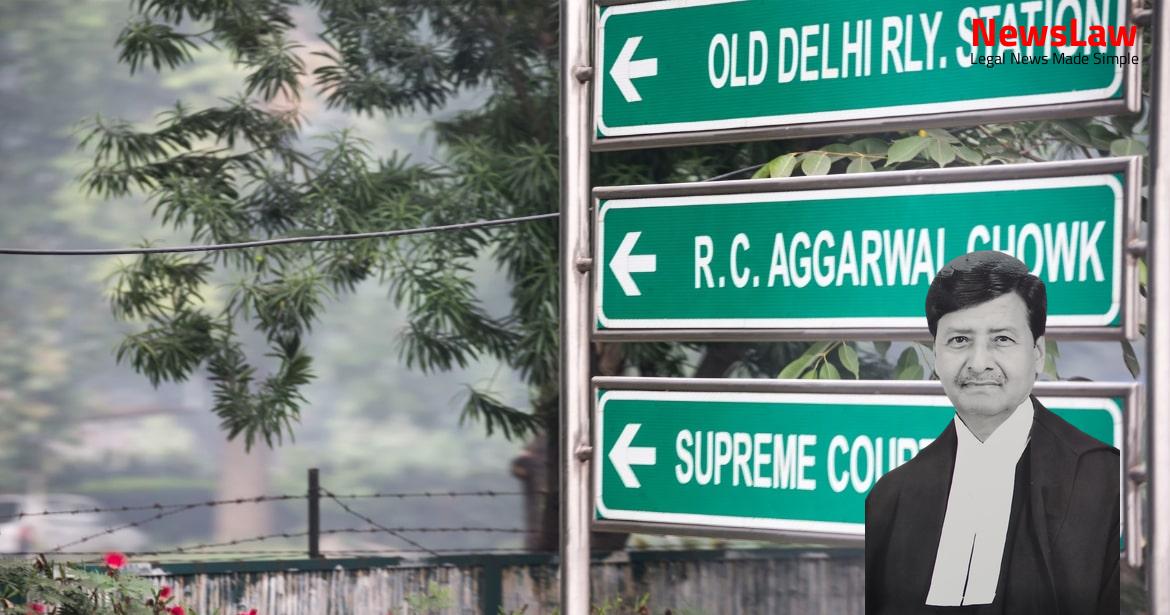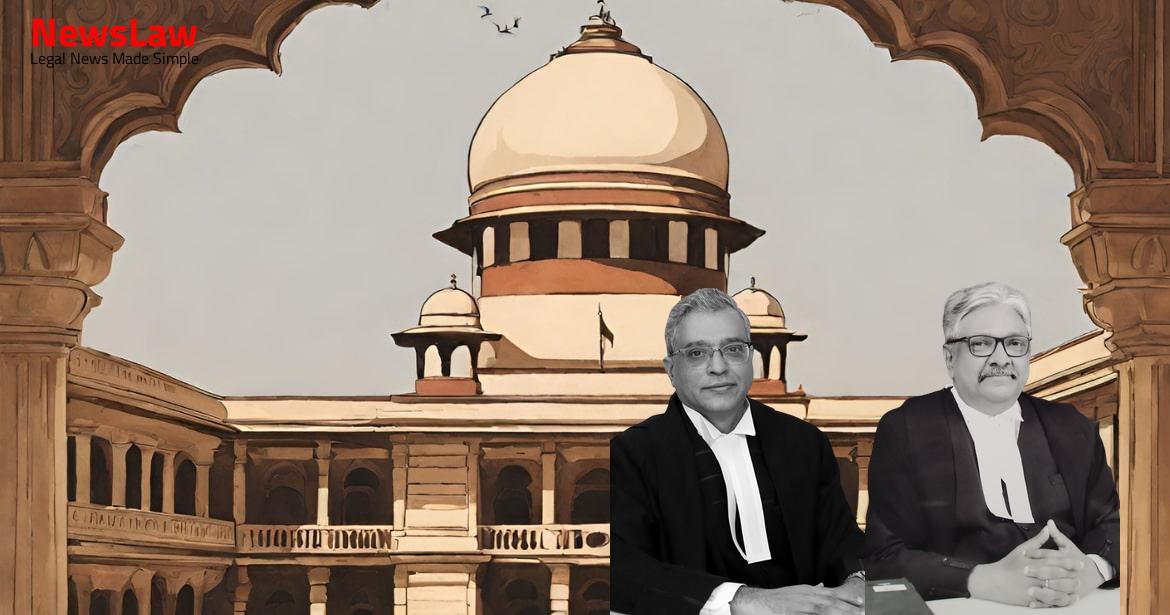In a recent legal case, the High Court delved into the intricacies of a blacklisting order issued against a contractor, ultimately quashing the order. The court’s analysis focused on aspects of natural justice, procedural fairness, and the severity of the allegations against the contractor. This summary explores the judicial scrutiny of the blacklisting decision, shedding light on the importance of due process in administrative actions.
Facts
- The High Court disposed of a writ petition directing the State to stop showing the contractor’s name as a blacklisted company.
- The contractor filed a writ petition seeking the quashing of the blacklisting order, which the High Court set aside due to violation of natural justice.
- The State of Odisha filed a Civil Appeal against the High Court’s order quashing the blacklisting.
- Another Civil Appeal was filed by the State against a subsequent order directing the removal of the contractor’s name from the list of blacklisted contractors.
- Contractor blacklisted for intentional violation of contract conditions leading to injuries and loss of life during flyover construction.
- High-level inquiry conducted by Chief Engineer found contractor guilty.
- Contractor banned from participating in any government work in Odisha and banned from transacting with the Government directly or indirectly.
- Contractor did not submit formwork design, leading to collapse of structure and loss of life.
- Inadequate safety measures during construction, lack of quality assurance, and deficiencies in workmanship found by committee.
- Grievance filed by contractor regarding continuous listing as blacklisted despite previous order being set aside by the High Court.
Also Read: Ruling on Circumstantial Evidence in Murder Case
Arguments
- The High Court concluded that the order of blacklisting was pre-determined and breached natural justice.
- The Advocate General representing the State argued against the High Court’s decision, stating that the seriousness of the allegations was not considered.
- The High Court also erred in finding that the blacklisting order was pre-decided based on the inquiry report.
- There was a discrepancy in the High Court’s analysis of the situation before the blacklisting order was issued.
- The State of Odisha strongly opposed the High Court’s decision to quash the blacklisting order against the contractor.
- The Government of Odisha Works Department issued an office memorandum on 26.11.2021 limiting the blacklisting period per offence to three years with a maximum cumulative period of ten years for multiple offences.
- The respondent contractor has already served 4 ½ years of their blacklisting period.
- Argues that the order for permanent blacklisting of the respondent should be quashed and set aside.
Also Read: Challenging Legal Presumptions in Negotiable Instrument Cases
Analysis
- Debarment is not permanent, and the period of debarment depends on the nature of the offense committed.
- Opportunity to show cause must be provided to the contractor before blacklisting.
- Guidelines should be formulated for determining the period of blacklisting, based on the gravity of the offenses.
- The State Government formulated guidelines limiting the blacklisting period per offense to 3 years, with a cumulative maximum of 10 years for multiple offenses.
- Blacklisting order can be challenged if the contractor is not provided with all materials supporting the charges against them.
- The purpose of serving a show-cause notice is to make the noticee understand the case against them.
- Debarment is used as a method for disciplining deviant suppliers/contractors for acts of omission and commission.
- The State or appropriate authority can pass an order of blacklisting or debarment as per the circumstances, following prescribed guidelines for effective duration.
- The blacklisting order was not pre-determined but based on serious lapses and negligence following a high-level inquiry.
- The action of blacklisting followed due process, including issuing a show cause notice and considering the contractor’s reply.
- The order of blacklisting was not in violation of natural justice principles as the seriousness of the incident was considered.
- The High Court erred in setting aside the blacklisting order without fully considering the grave omissions that led to a fatal incident.
- The decision to blacklist was taken after a detailed inquiry report highlighted the contractor’s failures in safety measures and quality assurance.
- Contractor involved in serious incident causing death and injuries.
- Contractor deemed not deserving of leniency due to negligence.
- State Government to consider amending guidelines for debarment.
- Considering a five-year blacklisting as suitable punishment.
- Permanent debarring seen as overly harsh for first-time offense.
Also Read: Legal Analysis Critique in High Court’s Quashing Order
Decision
- The period of blacklisting is restricted to five years from the date of passing the order
- Civil Appeal No.1083 of 2022 is allowed to this extent
- No costs order shall be made in the circumstances of the case
- Civil Appeal No.1084 of 2022 is dismissed
- The judgment and order of the High Court blacklisting the respondent contractor is quashed and set aside
- C. A. No. 1083 of 2022 is allowed in part
Case Title: THE STATE OF ODISHA Vs. M/S PANDA INFRAPROJECT LIMITED (2022 INSC 232)
Case Number: C.A. No.-001083-001083 / 2022



